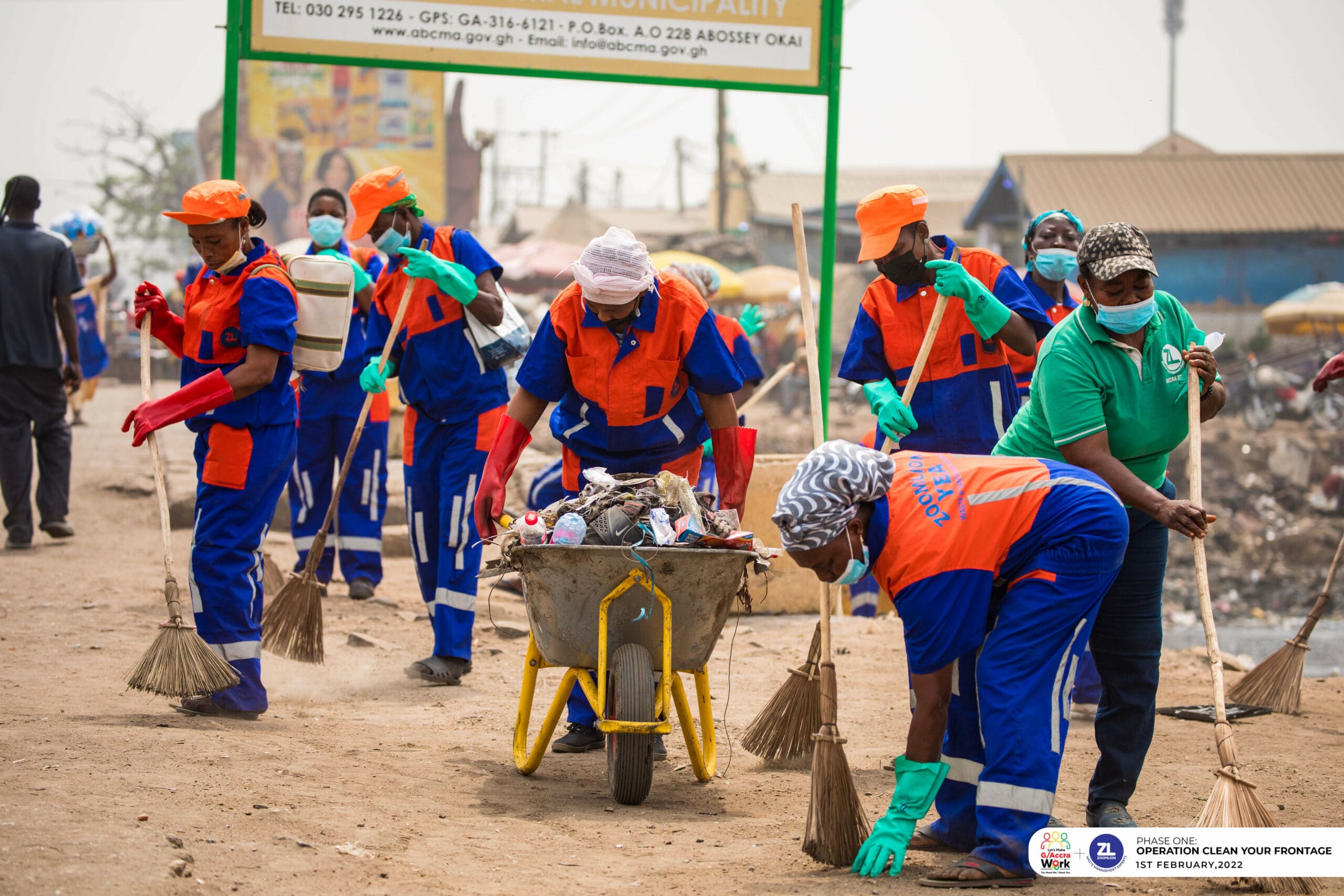A New Approach to Sanitation in Kumasi
In an effort to improve sanitation in Ghana’s Ashanti regional capital, Kumasi, the Kumasi Metropolitan Assembly (KMA) has adopted a new strategy: deploying prison inmates to sweep and clean public markets across the city. The initiative, which has sparked public discourse, was introduced under the leadership of the current KMA boss, aiming to tackle the persistent challenge of poor sanitation in market centers.
According to city authorities, the program is part of a broader collaboration between the KMA and the Ghana Prisons Service. The use of inmates for public sanitation work is being framed as a cost-effective and rehabilitative solution for maintaining cleaner urban spaces.
Details of the Initiative
Under this arrangement, selected inmates from local correctional facilities are assigned to clean key market areas including Kejetia, Asafo, Bantama, and other high-traffic trading zones. The cleaning activities are typically conducted early in the morning before commercial activity reaches its peak.
KMA officials argue that the initiative serves a dual purpose: it not only enhances public sanitation but also offers inmates a chance to engage in productive labor that could aid their reintegration into society.
Read Also:Government Cancels Sale of Ghanaian Diplomatic Properties in Nigeria and Zambia
The city’s markets have long been criticized for poor sanitation, overflowing trash bins, and uncollected refuse. By incorporating inmate labor, the KMA aims to augment its limited sanitation workforce and reduce dependence on contracted cleaning firms.
Legal and Ethical Considerations
The use of prisoner labor in public sanitation raises several questions about human rights, labor ethics, and transparency. Although the Ghana Prisons Service has confirmed that the inmates are non-violent, low-risk individuals, some civil society groups are calling for greater oversight and clear legal frameworks governing the practice.
Concerns have been raised about whether the inmates are being compensated, the conditions under which they work, and if their participation is truly voluntary. Critics argue that without clear regulation and monitoring, such programs could easily veer into exploitative territory.
Mixed Public Reaction
Public response to the initiative has been divided. Some residents and market traders have praised the KMA’s effort, pointing out that market environments have become noticeably cleaner since the program began.
“I think it’s a good move. The place looks much better now,” said a market trader at Asafo. “We just hope the cleaning continues and doesn’t stop after a few weeks.”
Others, however, are more cautious. “We need to ask important questions: Are the prisoners being treated fairly? Is this really rehabilitation or just cheap labor?” asked a local social activist in Kumasi.
Some have also expressed concerns about safety and stigmatization, noting that public perceptions of prisoners might cause discomfort among market users.
Official Response and Future Outlook
The KMA boss has defended the initiative, emphasizing that it aligns with national goals to promote rehabilitation and public service among inmates. He also hinted at plans to expand the program if initial results continue to be positive.
“This is not punishment—it’s rehabilitation and a contribution to the community,” the KMA boss stated in a recent press briefing. He added that the Assembly is working closely with the Prisons Service to ensure that all protocols, including health and safety measures, are strictly followed.
Conclusion
As the program continues, many will be watching to see whether this model can sustainably improve urban cleanliness without infringing on the rights of incarcerated individuals. The outcome could set a precedent for other cities grappling with similar sanitation challenges in Ghana and beyond.

